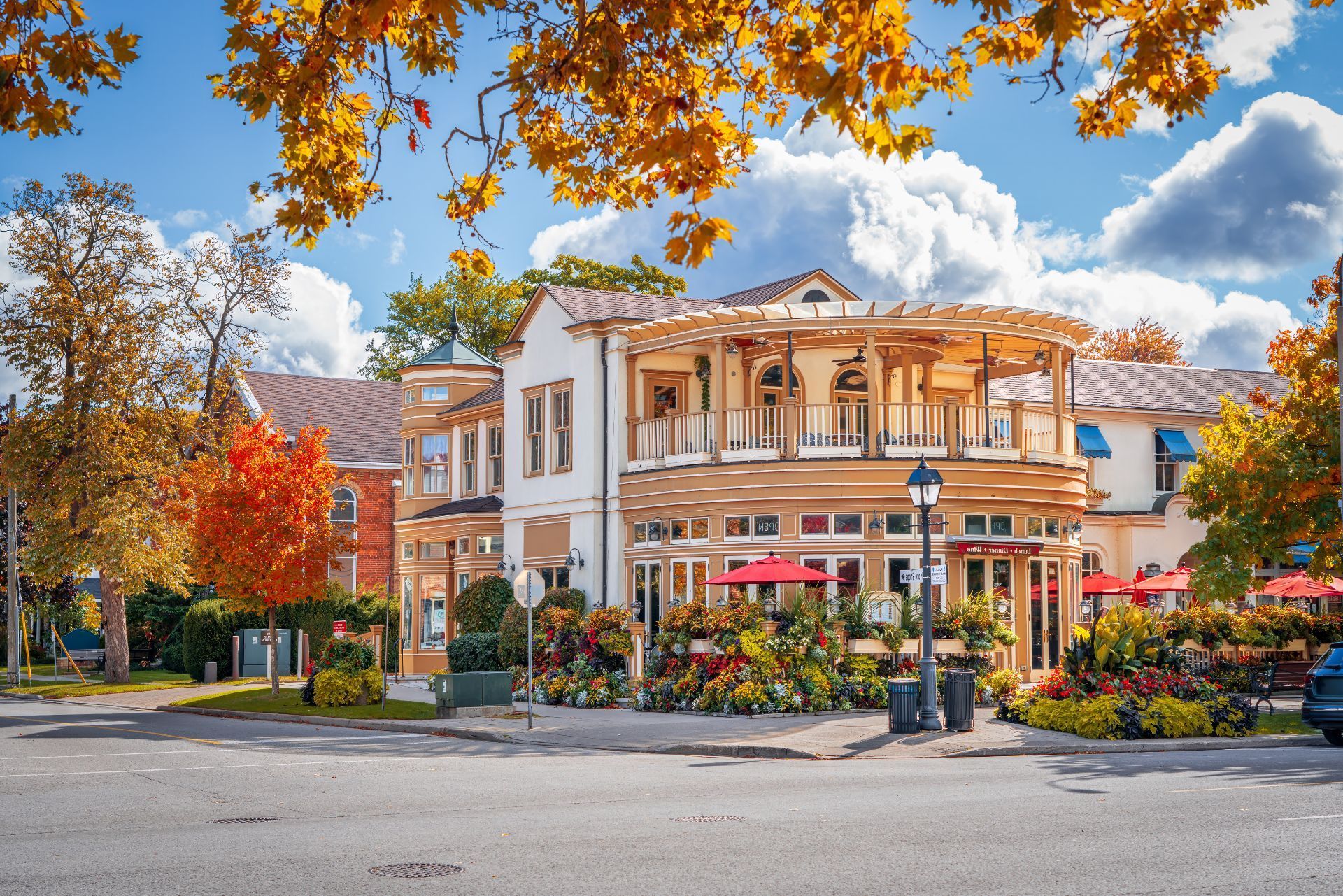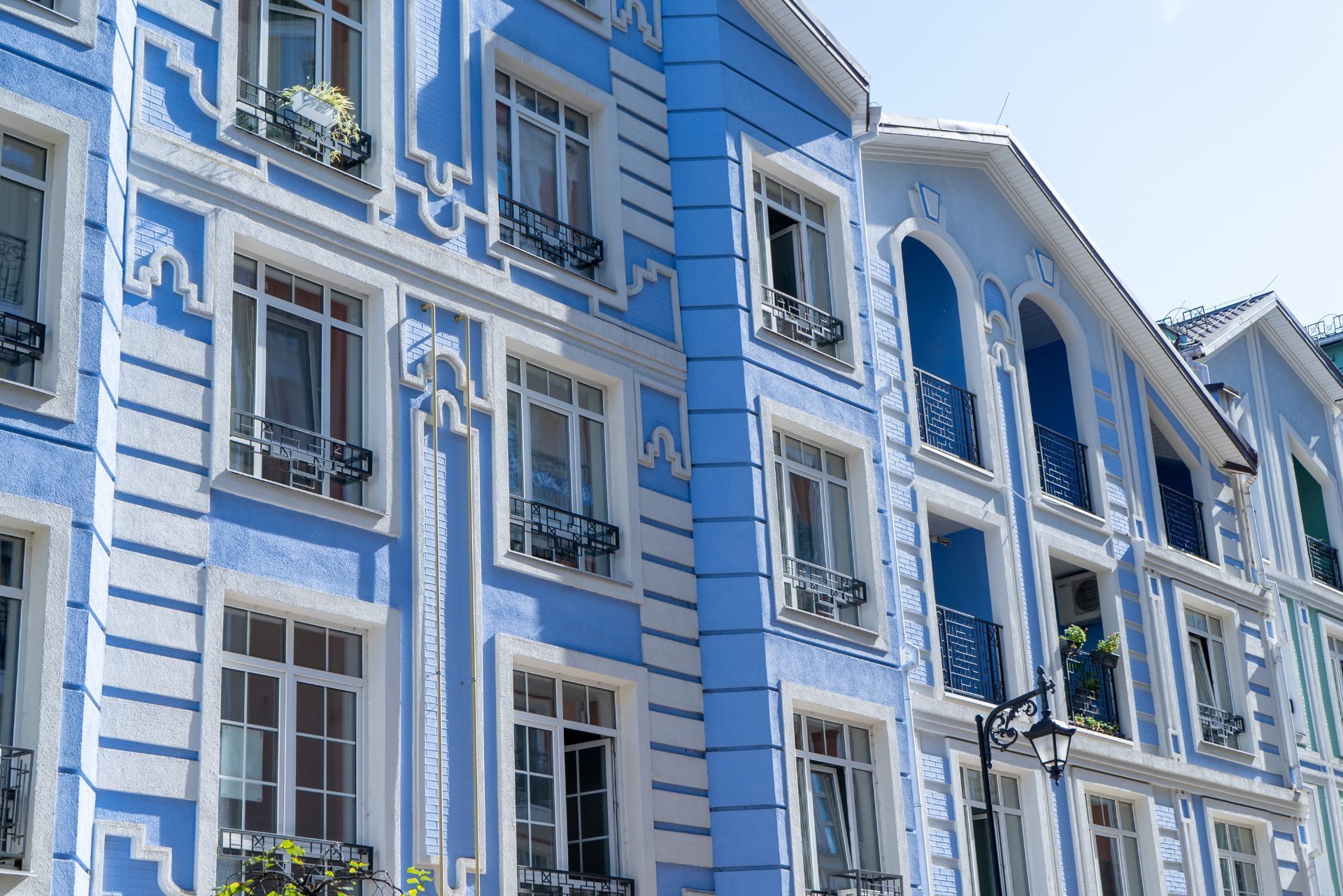Top 3 Recommended Policies

Florida’s vibrant hospitality industry has seen remarkable growth in recent years, with boutique hotels emerging as a favored choice for travelers seeking unique and personalized experiences. However, owning and operating a boutique hotel in Florida comes with specific challenges, especially when it comes to property insurance. Understanding the nuances of property insurance in this dynamic market is crucial for hotel owners to protect their investments and ensure business continuity.
After years of instability, Florida’s property insurance market is showing promising signs of recovery. According to AM Best, the state’s personal property insurance market reported an underwriting profit of $206.7 million in 2024, a significant turnaround from a $174.4 million loss in 2023. This shift is driven by legislative reforms and a more stable regulatory environment, making it an opportune time for boutique hotel owners to reassess their insurance strategies.
The Growing Boutique Hotel Industry in Florida
The boutique hotel sector in the U.S. has been expanding rapidly, with an average annual growth rate of 14.2% between 2018 and 2023. Florida, with its diverse tourism appeal and expanding population, has become a hotspot for these unique lodging options. Boutique hotels often emphasize distinctive design, personalized service, and local culture, which differentiates them from larger chain hotels.
This growth trend highlights the increasing demand for tailored insurance solutions that address the specific risks faced by boutique hotels. Unlike standard commercial properties, boutique hotels often have unique architectural features, specialized amenities, and higher guest turnover, all of which impact insurance needs.
Owners must consider coverage that protects against property damage, liability claims, business interruption, and even specialized risks such as event cancellations or cyber threats. The complexity of these risks makes it essential to work with insurers who understand the boutique hotel landscape.
Moreover, the boutique hotel experience is often enhanced by the incorporation of local art, cuisine, and activities, which can further elevate the guest's stay. Many boutique hotels collaborate with local artisans and chefs to create a unique atmosphere that reflects the surrounding community. This not only enriches the guest experience but also fosters a sense of connection to the locale, encouraging visitors to explore and support nearby businesses.
As the boutique hotel industry continues to flourish, sustainability has also become a crucial focus. Many establishments are adopting eco-friendly practices, such as utilizing renewable energy sources, implementing water conservation measures, and sourcing local, organic products. This commitment to sustainability not only appeals to environmentally conscious travelers but also positions boutique hotels as leaders in responsible tourism, setting a precedent for future developments in the hospitality sector.

Understanding Florida’s Property Insurance Market Dynamics
Florida’s property insurance market has historically been challenging due to high exposure to natural disasters, particularly hurricanes, and a litigious environment. These factors contributed to soaring insurance costs and limited market competition. In fact, commercial-property insurance costs in Florida surged 125% over the five years ending in 2023, nearly five times the national average, according to AM Best Co. Inc..
However, recent legislative reforms passed in 2022 and 2023 have begun to stabilize the market. These reforms aim to reduce fraud, improve claims handling, and encourage insurer participation. As a result, Florida has seen an influx of new insurers, with eight new property insurers approved in 2024 alone, signaling increased competition and potentially more favorable terms for policyholders.
Sean Kevelighan, CEO of the Insurance Information Institute, notes, “Property insurers want to do business in a state like Florida, which is growing, and there is now some hope that this could eventually happen more and more.” This optimism is crucial for boutique hotel owners seeking reliable and affordable insurance coverage.
Moreover, the state has been proactive in addressing the underlying issues that have plagued the insurance market for years. Initiatives such as the establishment of a reinsurance fund have been introduced to help insurers manage their risk exposure during catastrophic events. This fund acts as a safety net, allowing insurers to offer more competitive rates while still maintaining financial stability. Additionally, public awareness campaigns have been launched to educate homeowners and businesses about risk mitigation strategies, such as reinforcing structures against hurricane damage, which can lead to lower premiums.
The impact of these changes is already being felt across the state. Many homeowners and business owners are starting to see a decrease in their insurance premiums, and the overall sentiment in the market is shifting towards a more positive outlook. As more insurers enter the market, policyholders are presented with a wider array of options, allowing them to shop around for the best coverage that suits their needs. This newfound competition not only benefits consumers but also encourages insurers to innovate and improve their services, ultimately leading to a healthier insurance ecosystem in Florida.
Key Insurance Considerations for Boutique Hotels
Property Coverage
Property insurance for boutique hotels must cover the physical building, including unique architectural elements, fixtures, and any on-site amenities such as pools or spas. Given Florida’s susceptibility to hurricanes and flooding, comprehensive coverage that includes windstorm and flood protection is essential. Boutique hotels should also consider coverage for equipment breakdown and improvements made to leased properties. Furthermore, it is crucial for hotel owners to regularly assess the value of their property and its contents to ensure that their coverage limits are adequate. This may involve conducting periodic appraisals and updating their policies as necessary to reflect any renovations or enhancements that increase the property’s worth.
Liability Protection
Liability insurance protects hotel owners against claims arising from injuries or damages sustained by guests or third parties on their property. For boutique hotels, which often host events, weddings, and private gatherings, liability exposure can be significant. Policies should be tailored to cover event-related risks and potential liquor liability if alcohol is served. Additionally, boutique hotels may want to consider including coverage for personal injury claims, which can arise from allegations of defamation or invasion of privacy, particularly in an era where social media can amplify guest experiences—both positive and negative. Training staff on safety protocols and maintaining a secure environment can also help mitigate potential liability risks.
Business Interruption Insurance
In the event of a covered loss that forces the hotel to close temporarily, business interruption insurance helps cover lost income and ongoing expenses. This coverage is particularly important in Florida, where natural disasters can cause extended closures. Boutique hotels should also explore contingent business interruption insurance, which can provide additional protection if a neighboring property’s incident affects their operations. By understanding the potential financial impact of various disruptions, hotel owners can better prepare for unforeseen events and ensure that they have the necessary resources to recover swiftly.
Specialized Coverages
Boutique hotels may require additional coverage options such as cyber liability, especially as digital booking and payment systems become more prevalent. Equipment breakdown, crime insurance, and coverage for unique assets like artwork or antiques may also be necessary. As boutique hotels often pride themselves on their distinctive character, insuring these unique items becomes crucial. Additionally, with the rise of social media and online reviews, reputational risk insurance could be a worthwhile consideration, protecting against the financial fallout from negative publicity. Understanding the specific risks associated with their unique offerings allows boutique hotel owners to create a comprehensive insurance strategy that safeguards their investment.

Impact of Rising Insurance Costs on Florida’s Hospitality Sector
The surge in commercial-property insurance costs has posed significant challenges for boutique hotel owners. Rising premiums can strain budgets and impact profitability, especially for smaller operators with tighter margins. Pilar Carvajal, CEO of Innovation Senior Living, highlights the broader societal impact of escalating insurance costs, stating, “We need help to solve this societal problem.” While her focus is on senior care, the sentiment resonates across hospitality and other sectors facing similar pressures. Many boutique hotels, which often rely on unique offerings and personalized service to attract guests, find it increasingly difficult to maintain their competitive edge when a substantial portion of their revenue is diverted to cover insurance expenses.
Despite these challenges, the recent profitability of Florida’s property insurance market and increased competition among insurers offer hope for more manageable costs in the future. Boutique hotel owners should actively engage with insurance brokers to explore all available options and leverage market improvements. Additionally, many are turning to innovative risk management strategies, such as implementing advanced safety protocols and investing in technology that enhances property resilience against natural disasters. By doing so, they not only aim to reduce their insurance premiums but also improve guest safety and satisfaction. The hospitality sector is also witnessing a shift towards sustainability, with many hotels adopting eco-friendly practices that may qualify them for lower insurance rates, further alleviating some financial pressure. As the landscape evolves, staying informed and adaptable will be crucial for boutique hotels navigating these turbulent times.
Strategies for Securing the Best Property Insurance for Boutique Hotels
Given the complexities of the Florida market and the unique risks associated with boutique hotels, owners should adopt a strategic approach to insurance procurement:
- Work with Specialized Brokers: Engage insurance professionals who understand both the hospitality industry and Florida’s regulatory environment.
- Bundle Coverage: Consider multi-line policies that combine property, liability, and other coverages to potentially reduce premiums and simplify management.
- Invest in Risk Mitigation: Implementing safety measures such as hurricane-resistant building features, fire suppression systems, and cybersecurity protocols can lower risk and insurance costs.
- Review Policies Annually: Regularly reassess coverage needs and market conditions to ensure optimal protection and cost-efficiency.
With the Florida property insurance market turning profitable after eight years, as reported by AM Best, now is an ideal time for boutique hotel owners to revisit their insurance strategies and secure coverage that aligns with their business goals. Additionally, boutique hotel owners should consider the importance of understanding the local climate and geographical risks that could impact their property. For instance, areas prone to flooding or hurricanes may require specific endorsements or additional coverage that traditional policies might not provide. This localized knowledge can be invaluable in tailoring insurance solutions that truly protect the unique assets of a boutique hotel.
Furthermore, engaging with local business associations or chambers of commerce can provide insights into best practices and shared experiences among other hotel owners. Networking within these groups can lead to recommendations for reputable insurance providers who have a proven track record in the boutique hotel sector. By leveraging community resources, hotel owners can gain access to collective bargaining power, potentially leading to better rates and terms on their insurance policies. This collaborative approach not only enhances individual business resilience but also strengthens the overall hospitality landscape in the region.
Conclusion: Navigating Florida’s Boutique Hotel Insurance Landscape
Florida’s boutique hotel industry is poised for continued growth, supported by a recovering property insurance market and legislative reforms that foster stability. While challenges such as rising insurance costs remain, the increased competition among insurers and market profitability signal a more favorable environment for hotel owners.
Understanding the specific insurance needs of boutique hotels—from property and liability coverage to specialized protections—is essential for safeguarding investments and ensuring long-term success. By staying informed and proactive, boutique hotel owners can navigate Florida’s evolving insurance landscape with confidence.
For those interested in the latest developments in Florida’s property insurance market, the
Insurance Information Institute’s report offers valuable insights into the ongoing improvements and new market entrants shaping the future.
Contact Us


